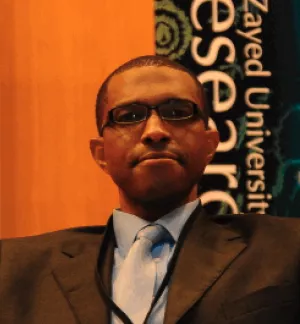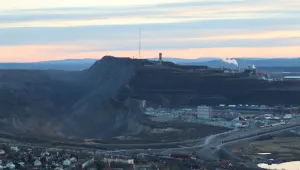The current EU strategy to diversify its energy imports has profound implications for the EU’s relationship with its primary suppliers, as well for the energy import needs of its member states. The EU’s diversification strategy, while understandable in the context of its high energy import dependence, have been a source of contention with its major suppliers, most notably that of Russia. The EU imports about 50% of its energy needs. Without major changes, the European Commission expects this figure to increase to 65% by 2030. Approximately half of the EU’s natural gas imports and about thirty-percent of its oil are imported from Russia. In 2007, in a bid to unify divergent national energy strategies, EU member states agreed to create a common energy policy entitled the “Energy Policy for Europe.” They agreed on a common platform of EU-wide goals to foster energy diversification. However, in spite of the ambitious common energy policy, many of the member states continue to pursue divergent external energy policies, particularly toward Russia, while some European countries remain extremely reluctant to cede national control over energy markets to Brussels.
The EU has repeatedly announced that its new energy policy will focus on increasing renewable energy production, encouraging nuclear energy, instituting demand side efficiency measures, fostering LNG imports from Middle Eastern suppliers and promoting unconventional gas production. However, Russia indicated that it views the EU policy as a potentially aggressive maneuver that will negatively impact its ability to remain solvent. Russia stated that energy security must be a joint policy developed between exporters and importers.
This presentation examines some of Europe’s critical energy security challenges and EU efforts to coordinate a common European energy strategy in light of its potential geopolitical impact. Particular attention will be paid to the energy needs of Eastern Europe and discuss whether more strategic cooperation is warranted with Russia to improve overall continental energy flows. It also reviews the often fractious energy policies pursued by different member states and debate its effect on broader European efforts to promote energy security.
Dargin, Justin. "The EU and Gulf Cooperation Council: A New Path for European Energy Diversification." Presentation, University of Kent Brussels School of International Studies, Brussels, Belgium. January 19, 2011





